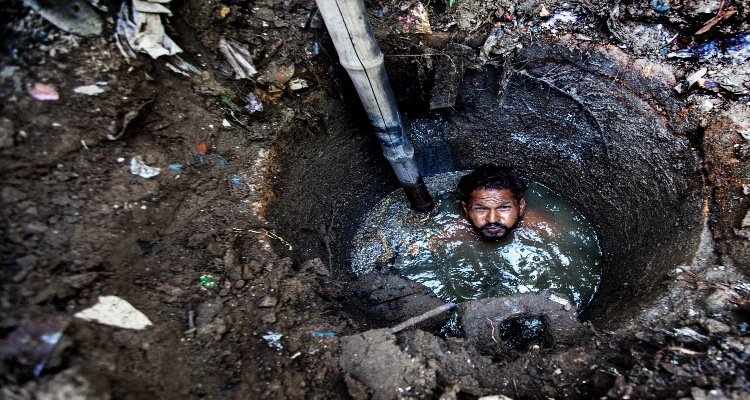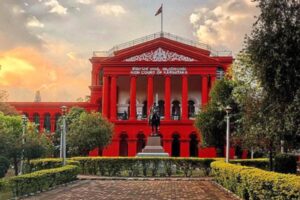
The Bombay High Court has directed the Maharashtra government to establish a social media handle that citizens and non-governmental organisations (NGOs) can use to report instances of ‘manual scavenging’ across the State.
A bench of Justices Nitin Jamdar and Milind Sathaye expressed that creating such a social media platform would assist the District Level Committees and Vigilance Committees, formed under the Prohibition of Employment as Manual Scavengers and Their Rehabilitation Act, 2013, in ensuring that no manual scavenging occurs.
“The Department of Social Welfare will also create a dedicated email address for each of the District Level Committees and Vigilance Committees. It shall also create a social media handle where citizens and non-governmental organisations can report instances of manual scavenging, which the District Level Committee and Vigilance Committee can examine. This will aid the Social Welfare Department in its statutory duty to ensure that manual scavenging does not take place. This is an addition to the duties cast on the officers under the Act of 2013,” the bench stated.
It further noted that, according to an affidavit filed on July 4, 2024, the State’s Nodal Officer—Commissioner, Social Welfare Department, Pune—claimed that all 36 districts of Maharashtra were free from manual scavenging. The Nodal Officer relied on certificates submitted to the Government of India by the Collectors of all 36 districts.
However, the petitioners disputed this claim, citing instances of manual scavenging in some districts in April and August 2024. In response, the State’s Chief Government Pleader, Priyabhushan Kakade, clarified that the affidavit’s statement referred to the situation when the certificates were issued by the Collectors, declaring the districts free of manual scavenging, and not to the current situation.
Taking this clarification on record, the bench directed Kakade to verify the petitioners’ claims that manual scavenging continues in the State even today.
“While making a statement regarding the status of manual scavenging, the State authority needs to keep in mind the definition of ‘Manual Scavenger’ in Section 2(g) of the Prohibition of Employment as Manual Scavengers and Their Rehabilitation Act, 2013, as interpreted by the Supreme Court in the case of Dr. Balram Singh v. Union of India,” the bench emphasized.
The court added that, given the Government Pleader’s clarification that the Collector’s report referred only to the status as of 2023, an inquiry is necessary to investigate current instances of manual scavenging. This is in addition to efforts to ensure that manual scavenging does not occur at all.
Furthermore, the bench instructed the Department of Social Welfare to publish the ‘composition’ of all the Committees mandated under the 2013 Act and to display all relevant information on the government’s website. The court also ordered that all pertinent information regarding these Committees be uploaded to the website.
The bench was hearing a petition filed by the Shramik Janata Sangh, which highlighted the issue of manual scavenging in Maharashtra and sought proper compensation for the families of scavengers who died due to manual scavenging.




